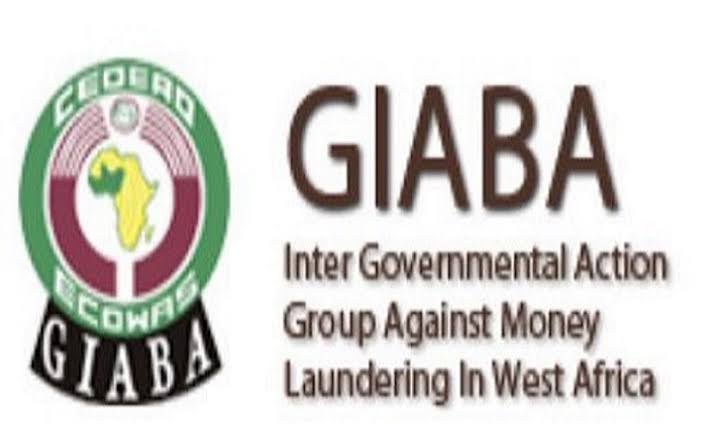Combating Corruption: ECOWAS GIABA Holds Sensitization For Religious Leaders In Kano
By: Salihu Ali, Kano
The Inter-Governmental Action Group Against Money Laundering in West Africa GIABA under the Economic Community of West African States (ECOWAS) has tasked religious leaders in the continent to be actors in ensuring that, the region is devoid of money laundering, terrorism financings and other associated ills.
The Director General Inter-Governmental Action Group Against Money Laundering in West Africa GIABA (ECOWAS) Mr. Edwin Harris jnr. dropped the task at a National Sensitization seminar for Religious Leaders and Institutions on Anti-Money Laundering, Counter – Financing of Terrorism.
He explained that, GIABA is a specialized Institution of ECOWAS regional body established in the year 2000 by the Authority of Heads of state and Government of ECOWAS with the mandate to protect the economies of member states from the laundering of the proceeds of crimes and combat terrorism financing in the region.
Mr. Harris called on the religious leaders to be decisive through actions and to contribute their quota as religious and opinion leaders in building a better society.
He warned against the the rise in illicit income generating crimes like corruption and working for terrorists calling which on religious leaders to speak to their congregations against such illicit crime.
According to Harris “You will agree with me that, the increase in illicit income-generating crimes (known as predicate offences of money laundering)
such as corruption, kidnapping, human and drug trafficking, amongst others, in our part of the world is worrisome.
This is in addition to the high level of violent extremism and the obvious challenges associated with these vices.”
“It is therefore important to engage and utilize the tremendous influence of religious leaders and institutions in addressing some of the ills ravaging our society.”
“Thus, this program is a clarion call on all of us to play our roles in ensuring a peaceful, secured and economically viable nation and region at large, through the instrumentality of religion” . Harris said.
He described their voices as very necessary against violent extremism, terrorism, corruption, trafficking, kidnapping and other predicate offenses.
Mr. Harris maintained that, religious leaders must not only be heard, but must be seen leading the way by action and exemplary lifestyles.
Olusola Akintonde


Comments are closed.